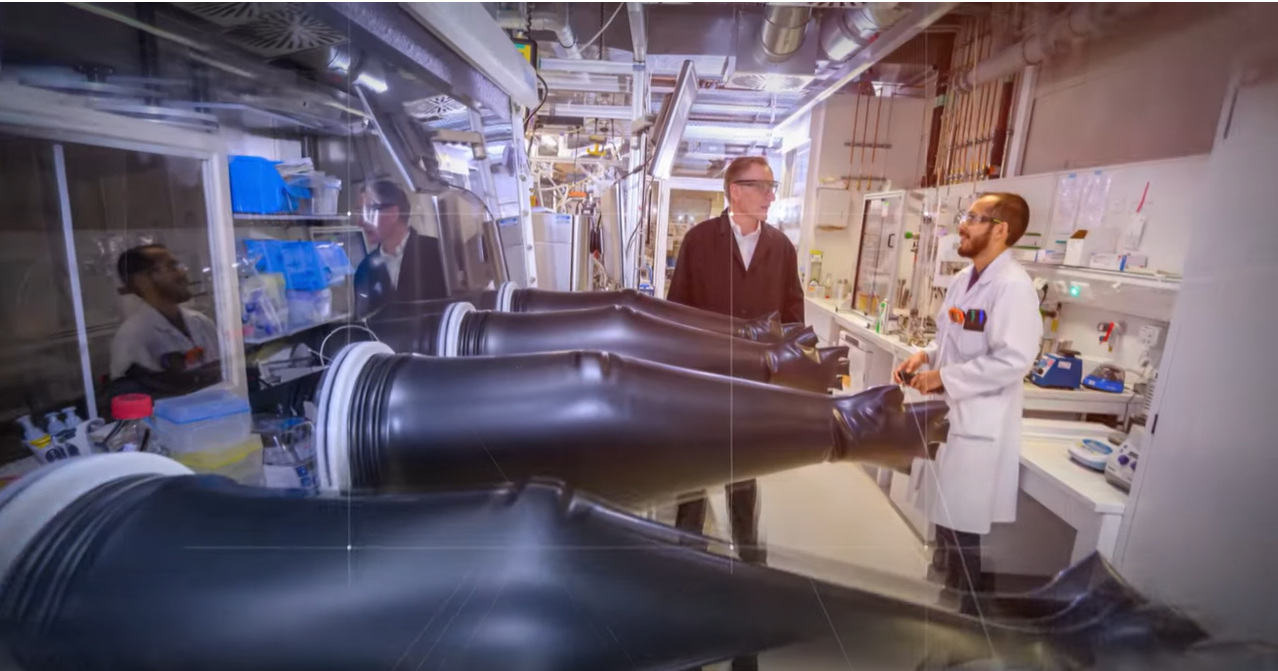
CMFI


Controlling Microbes to Fight Infections
Microbial communities (“microbiomes”) that populate human body surfaces impact health in many critical, yet enigmatic ways: They contribute to vital body functions via complex metabolic and immunomodulatory activities but are, at the same time, major reservoirs for facultative pathogens that cause the majority of invasive bacterial infections. A worldwide increase in antibiotic-resistant bacterial pathogens (ARBPs), coupled with declining discoveries of novel classes of antibiotics, raises the specter of a post-antibiotic era.
Preventing the spread, human colonization, and subsequent infection by ARBPs is essential in preserving fundamental medical achievements of the 20th century. Broad-spectrum antimicrobials in current use both damage microbiomes and promote rapid ARBP evolution. A paradigm shift in infection control is needed, putting a hold to the indiscriminate use of antibiotics and enabling the development of targeted anti-infective strategies that promote microbiome integrity. Beneficial ‘commensal’ bacteria can limit the expansion of facultative pathogens in microbiomes but we are far from harnessing these mechanisms for therapeutic interventions. Decoding the complex processes governing microbiome dynamics is a key research challenge requiring a better integration of molecular, computational, and clinical disciplines.
Since decades, scientists at the University of Tübingen, the University Hospital Tübingen, and the Max Planck Institute are at the forefront of research on bacterial interactions with antimicrobial molecules, other microbes, and host organisms. They made groundbreaking discoveries for instance in the areas of microbiome-derived antibiotics, microbiome-shaping metabolic activities, and epithelial antimicrobial mechanisms. CMFI elucidates mechanisms governing competition and fitness of beneficial or harmful bacteria as the basis for developing new multi-level interventions against ARBPs and other pathogens. This is achieved by developig realistic microbiome model systems of increasing complexity, ranging from continuous in vitro cultivation and gnotobiotic animal models to organoid-based and controlled human colonization studies, to decode major principles of microbiome resilience against invading pathogens. The capacities of novel, microbiome-targeted interventions are evaluated in preclinical and early clinical trials. #
Building on its existing strengths, CMFI closes strategic gaps and expand its research capacities by implementing new research groups, cutting-edge technology facilities, as well as training, mentoring, and public outreach activities. By integrating functional research on molecular, cellular, community, and microbe-host interaction levels, advanced by omics, imaging, and computational technologies, CMFI will contribute to a new era of comprehensive microbiology, poised to match the challenges of the 21st century.
Involved Institution:
- Max-Planck-Institut für Biologie


